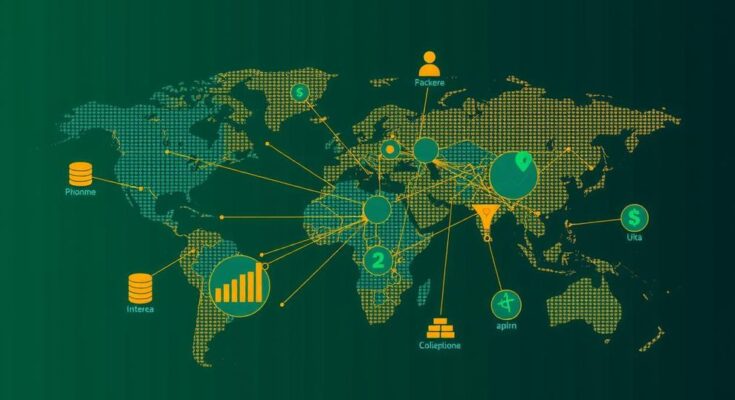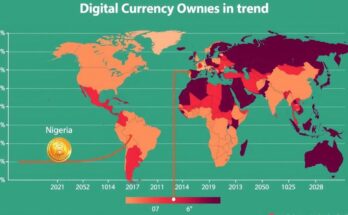Carlos Lopes highlights Africa’s liquidity access issues rather than a debt crisis, emphasizing the need for reform in international financial systems, improved credit rating methodologies, and better domestic resource mobilization. He expresses optimism for Africa’s economic future while underscoring the necessity for the continent to shape an inclusive global financial architecture ahead of the upcoming UN conference in Spain.
Carlos Lopes, an economist and former Executive Secretary for the United Nations Economic Commission for Africa, emphasizes the importance of addressing Africa’s liquidity access issue rather than portraying it solely as a debt crisis. Lopes outlines several obstacles hindering the continent’s economic growth: limited financing options, unfair practices by credit rating agencies, and stringent Basel III regulations that constrain African banks.
He argues that Africa’s debt levels, currently at approximately $1.1 trillion, should not be alarming, indicating that the continent could comfortably manage this figure within the global financial system. Lopes insists that reforms are necessary regarding credit rating methodologies, the financial infrastructure, and the potential opportunities present on the continent—especially in climate solutions, demographics, and technology.
On domestic resource mobilization, Lopes acknowledges progress but highlights the need for structural transformation and better utilization of funds from pension and institutional investors. He also stresses the global dimension of tackling illicit financial flows and the need for African countries to renegotiate unfavorable contracts to recover lost revenues. Notably, he remains optimistic about Africa’s future, citing current economic growth away from the continent and positioning for demographic advantages in the global economy.
As the 4th International Conference on Financing for Development approaches, Lopes advocates for Africa to prioritize systemic reforms in international financial systems, international taxation, and the integration of new technologies in financial transactions. He asserts that Africa must actively participate in shaping a more equitable and inclusive global financial landscape.
The discussion revolves around Africa’s economic challenges and opportunities as highlighted by Carlos Lopes in preparation for the upcoming International Conference on Financing for Development. Lopes articulates that Africa faces unique financial hurdles exacerbated by dependency on foreign direct investment and unfavorable assessment by credit rating agencies. He presents a case for systemic reforms in the global financial architecture to address these concerns and unlock Africa’s economic potential, especially in climate resilience, demographic dividends, and technological advancements.
The insights provided by Carlos Lopes underscore the urgent need for Africa to address its liquidity access issues, reevaluate its engagement with credit rating agencies, and leverage its unique market opportunities. As Africa prepares for the International Conference on Financing for Development, the continent must advocate for reforms that facilitate inclusive and fair global financial systems, addressing domestic resource mobilization, and targeting the renegotiation of investment contracts while remaining focused on seizing emerging technological opportunities.
Original Source: www.un.org




